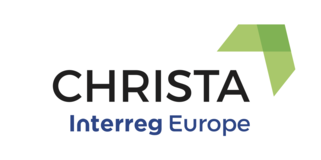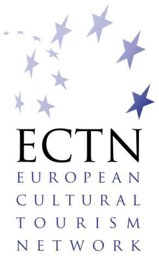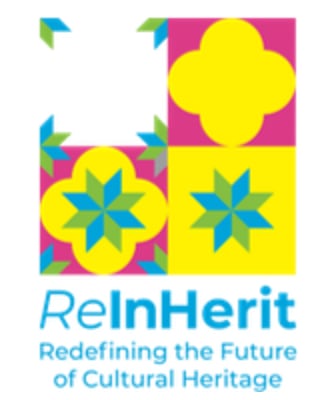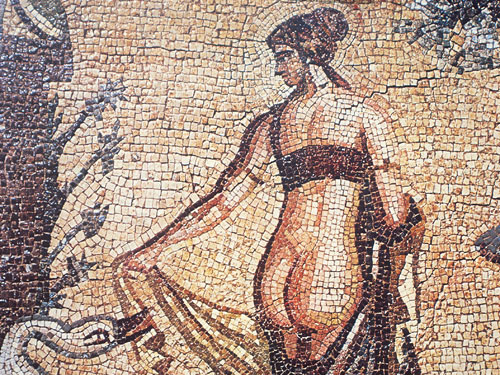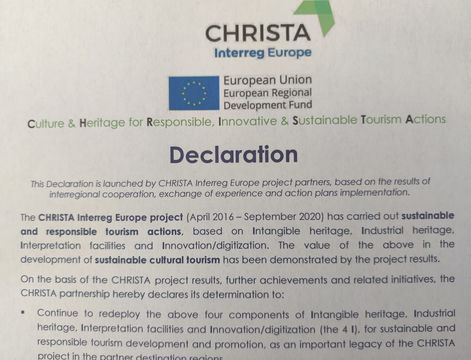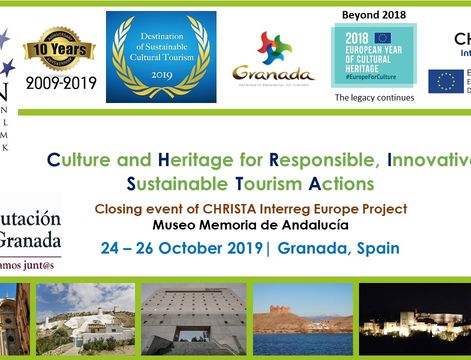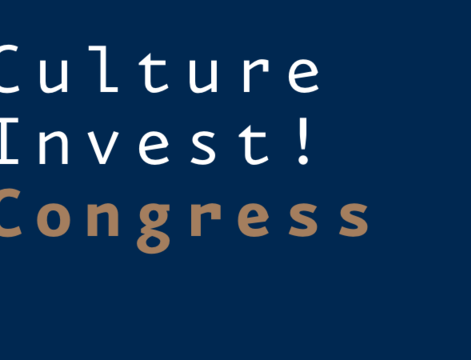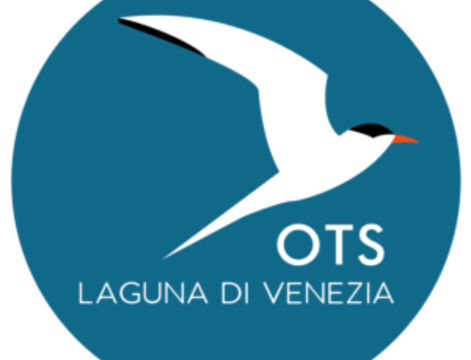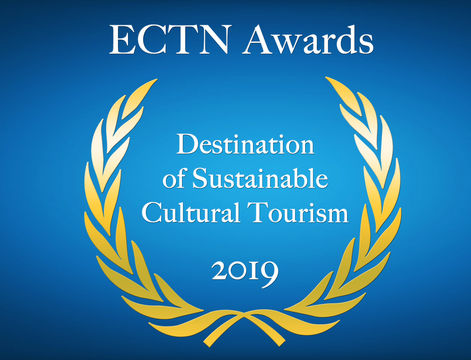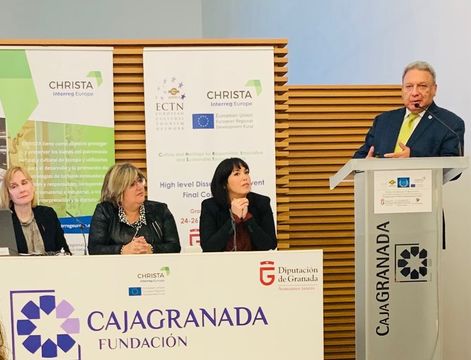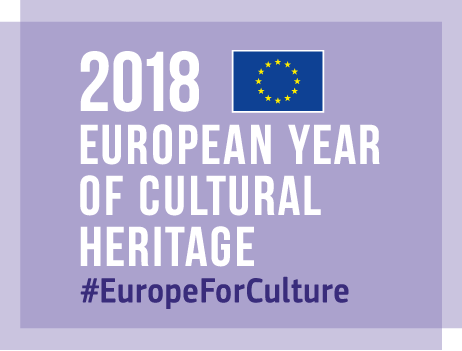High-level dissemination event / final conference, Granada, Spain, 22-24 October 2019.
The high-level political dissemination event / final conference of CHRISTA project took place in Granada, Spain, on 24-26 October 2019, organised by advisory partner ECTN (European Cultural Tourism Network) and supported by partner 'Diputación de Granada'. The venue was the 'Museo Memoria de Andalucía Caja Granada Cultural Centre'. This final dissemination event gathered executives and policy-makers from the partner regions and from other relevant institutions, including several stakeholders and experts. The aim was to promote the project achievements and to disseminate the results of the action plan implementation to a wider audience, with particular reference to the selected pilot actions. Furthermore, to enhance the project legacy in terms of incorporating intangible geritage, industrial heritage, interpretation facilities and innoavation/digitisation in responsible and sustainable cultural tourism development and promotion.
On the 1st day, the opening addresses were given by the delegate deputy of Employment & Sustainable Development of the Diputación de Granada and a member of the Board of the lead partner Pafos Regional Board of Tourism (PRBT), Cyprus. The keynote address was given by a Policy Officer of the European Commission Directorate-General Education & Culture (DG EAC), on 'Sustainable Cultural Tourism: follow up to the European Year of Cultural Heritage 2018', of which CHRISTA was one of the 6 Interreg Europe projects selected to support. The new Guidelines for Sustainable Cultural Tourism were presented, in relation to synergies with CHRISTA project results. The project coordinator presented the overall achievements and results of the CHRISTA project. A Policy Officer from the Interreg Europe JS presented the state of play of Interreg Europe programme. The opening session was moderated by the lead partner PRBT, Cyprus.
In the 2nd session, the project video documentary was shown and the results by project theme (4 I s) were presented by the responsible partners, viz:
o Intangible Heritage, by Inter-Community of Ave, Portugal
o Industrial Heritage, by Västra Götaland region, Sweden
o Heritage Interpretation, by Sibiu County Tourism Association, Romania
o Innovation and Digitisation, by Vidzeme Tourism Association, Latvia.
The 3rd session focused on action plans implementation & monitoring, including pilot actions in progress, in parallel sessions by theme. This included discussion on the project results between partners, stakeholders and external participants.
The 4th session was devoted to policy debate on action plans implementation and resulting policy implications by policy-makers and officers on: 'How can we ensure legacy of the CHRISTA project in policy change regarding the 4Is, towards sustainable cultural tourism development and promotion?'. The debate was moderated by the President of 'Sibiu County Tourism Association', Romania, project partner, with panelists from Cyprus, Sweden, Spain, Bulgaria, Latvia & Greece.
On the 2nd day, parallel sessions continued on the project themes, regarding trends, case studies, best practices, methods, concepts and results, with external contributors and discussion with project partners and stakeholders. The closing session was devoted to 'Synergies, Conclusions and the Way Forward - views and initiatives of EU institutions and pan-European bodies', with addresses by senior representatives of the EU Committee of the Regions (NAT Commission), Europa Nostra VP, European Travel Commission (ETC) and Interpret Europe (European Association for Heritage Interpretation). Closing remarks were made by the ECTN President and the Tourism deputy of the 'Diputación de Granada'. In the afternoon, there was a study visit to the museum 'Memoria de Andalucía'.
On the 3rd day there were study visits in Granada province, related to the CHRISTA action plan on Interpretation Centres & Good Practices.
The High level disseminaton event / Final Conference held in Granada, Spain, gave the opportunity to reach a wider audience of practitioners, academics and policy-makers. The partners' key stakeholders actively participated, either as presentes in parallel sessions or in the discussions. Of particular importance was the policy debate held on the project legacy. Furthermore, contributions of keynote speakers from EU institutions and pan-European Networks ensured that the project results may also influence future, relevant EU policies on culture & tourism, towards sustainable cultural tourism with innovations.
As project legacy, the CHRISTA partnership is planning to launch a 'Declaration on Culture & Heritage for Responsible, Innovative and Sustainable Tourism', highlighting the project outcome and calling upon EU institutions, pan-European bodies, to support the '4 I' priorities, particularly in the post-pandemic recovery of tourism.



